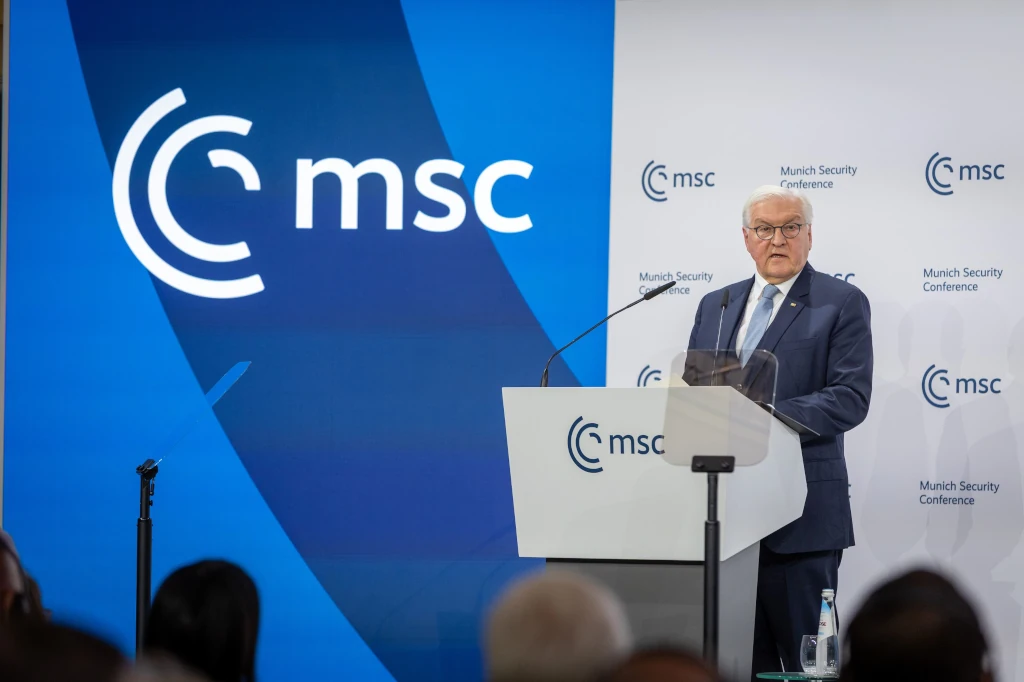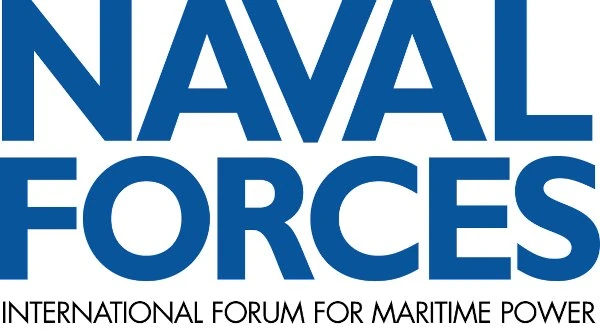Vice President Vance criticized the NATO allies. The transatlantic partnership is in jeopardy
The Munich Security Conference (MSC) was founded in 1963 as an event to discuss the issues and challenges as well as opportunities and perspectives of the Atlantic Alliance. After discussing different views and sometimes even diverging interests, the high-ranking representatives from the US and Europe always felt committed to continuing the transatlantic relationship for the benefit of both sides. This year’s MSC (14–16 February) was completely different. The Chairman of the MSC, Christoph Heusgen, was shocked like many politicians and confessed: It was a “European nightmare.” For the first time ever, a US Vice President accused the NATO allies in Europe of violating democratic values such as freedom of speech, free elections and more. The unprecedented speech of JD Vance sent shock waves to the European capitals where many governments are afraid that the transatlantic partnership with the US will now dramatically change.
On behalf of his mastermind in Washington, DC, the US Vice President did not focus on Russia’s war in the Ukraine as many observers had expected. Instead, he criticized European leaders for cracking down the freedom of speech or the fear of their own voters. He also accused the political leaders in Europe of threatening social media companies and censoring so-called misinformation. In his speech, Vance stated: “The threat that I worry most about via-vis Europe is not Russia, is not China, it’s not any other external actor. What I worry about is the threat from within, the retreat of Europe from some of its most fundamental values […].”
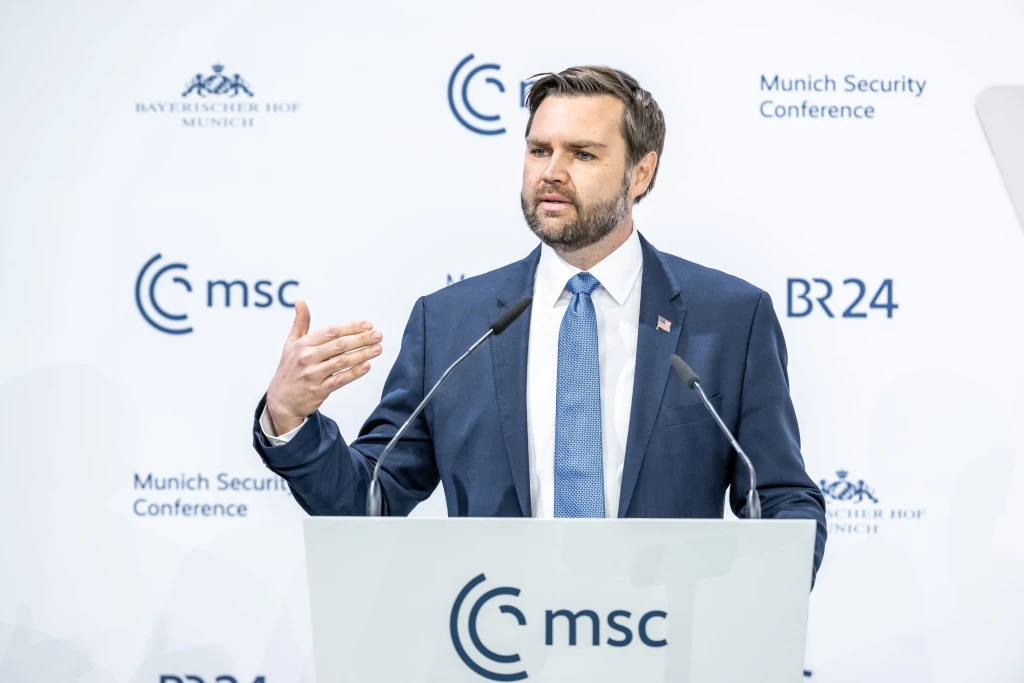
The high-level participants in Munich, among them many Heads of State and Government, Defence and Foreign Minsters didn’t trust their eyes and ears and were shocked. It was nobody else but the German Defence Minister Boris Pistorius who strongly rejected the unjustified criticism and said that the US Vice President had questioned the democracy in Europe. The political views of JD Vance who seemed to be worried about an “annulation of democracy” in Europe and his comparison with the situation in authoritarian countries were not acceptable for the Defence Minster Pistorius underlined: “This is not the Europe and the democracy in which I live.”
The political tensions between the US and Europe which became evident during the MSC have increased since the inauguration of US President Donald Trump. In his statement, Germany’s Federal President Frank-Walter Steinmeier, who is known for his balanced views and diplomatic behavior, summarized his concerns in a surprisingly straightforward way: “It is clear, that the new American Administration holds a worldview that is very different from our own. One that shows no regard for established rules, for partnerships or for the trust that has been built over time”. Steinmeier made it clear that it would not be in the interest of the international community for this worldview to become the dominant paradigm and stated: “The absence of rules must not become the guiding principle of a new world order.”
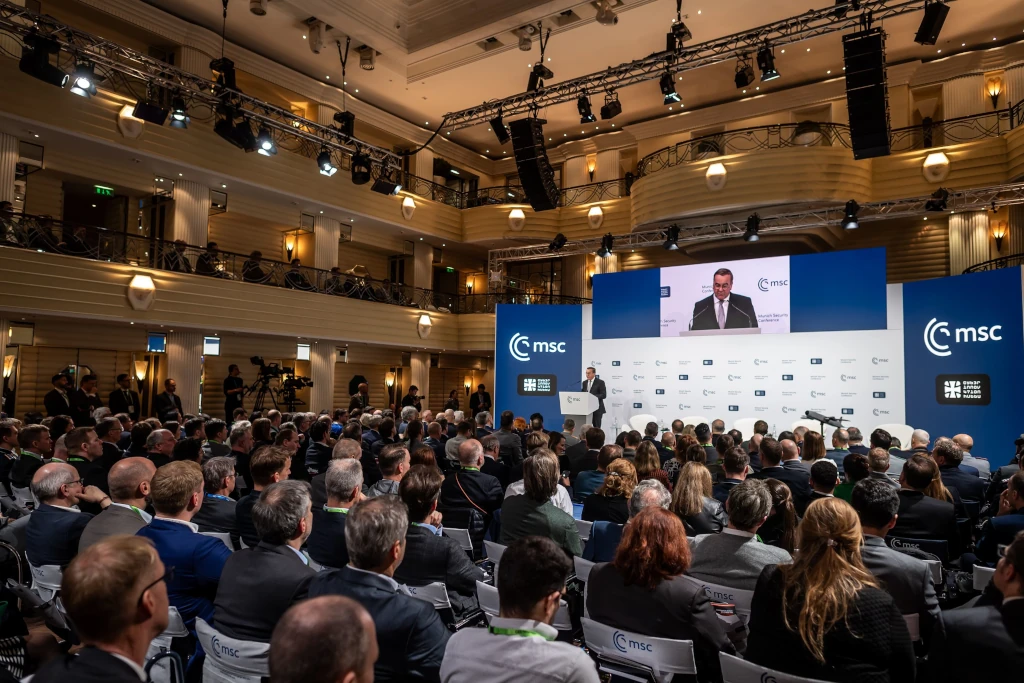
President Zelenskyy: We must build Armed Forces of Europe
When the President from Ukraine, Volodymyr Zelenskyy, entered the main stage, the bloody war in which more than 250,000 Russian soldiers have already been killed and over 610,000 soldiers have been wounded, became the central theme of the MSC. Zelenskyy warned the audience about Russia’s hidden agenda. He is convinced that Russia doesn’t want peace or dialogue. Therefore, Zelenskyy asked the audience: “What about your armies? Are they ready?” Then he added a strong message especially for the European leaders: “We must build the Armed Forces of Europe.” On the eve of forthcoming peace talks, he made it clear that the Ukraine would never accept any deal behind its back or without its direct involvement. His political conclusion was ironclad: “No decisions about Ukraine without Ukraine. No decisions about Europe without Europe.”
In the absence of Russian leaders, who had not been invited by the MSC organizers, it was China’s Minister of Foreign Affairs, Wang Yi, who filled this gap with great pleasure and used the criticism of JD Vance to present China as a “factor of certainty” and a constructive state in a rapidly changing world. China’s chief diplomat said that accusations that his country is attempting to change the world order have become rather silent now. Pointing to the drastic decisions of the Trump 2.0 Administration, Wang Yi emphasized Beijing’s support for the international rule of law while there is a country (without explicitly mentioning the US) which is withdrawing from international treaties and global organizations.
Apart from the tensions in the transatlantic relations, Russia’s ongoing war in the Ukraine and China’s rising ambitions around the world, the MSC conference also discussed the future role of the so-called Global South and many other topics such as the search for peace in the Gaza Strip and Syria, the instability in Afghanistan, the war in the Democratic Republic of Congo and the terrible situation in countries such as Venezuela, Haiti or South Sudan where millions of people are starving and fight for their survival. According to the organizers, many participants from the Global South observed the shake-up of the current world order with pragmatism and the hope for new opportunities. An example for this was Ghana’s President John Mahama who said: “We are no longer a unipolar world. As (old) bridges are burning, new bridges are being formed.”
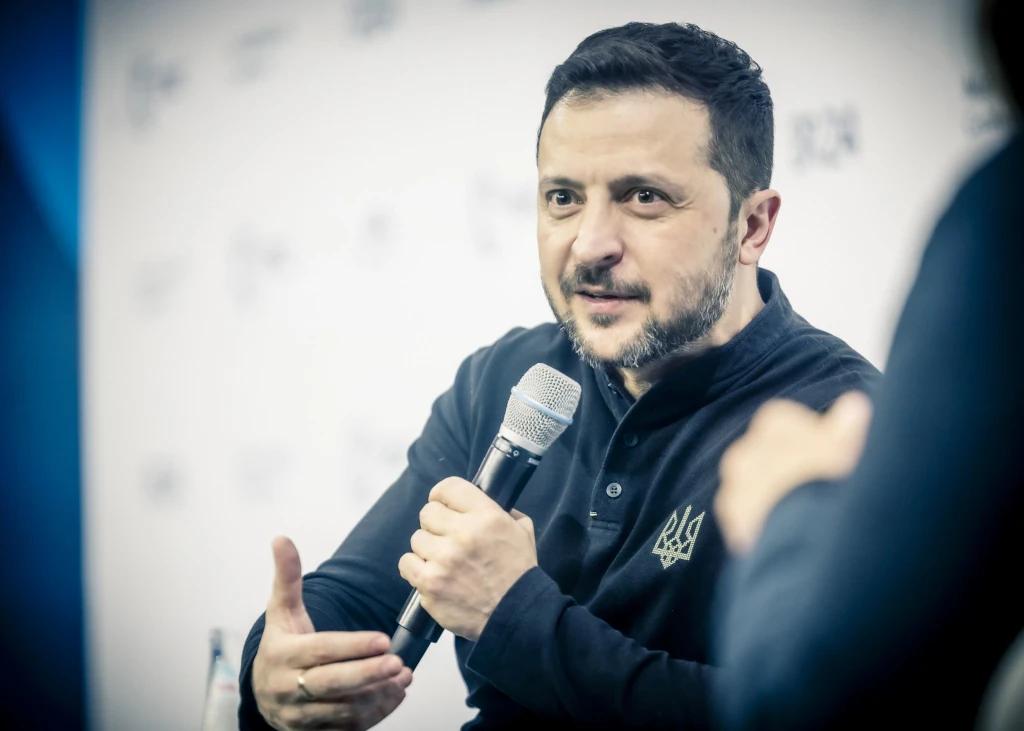
Changes in the transatlantic relations – multi-polarisation around the world
The first major foreign policy speech of the US Vice President in Munich announced an erosion of the transatlantic partnership which had lasted for decades. For many observers, this year’s transatlantic family reunion felt more like a family disunion. Trump’s speech during his inauguration on Capitol Hill, the statement of JD Vance at the MSC 2025 and the unprecedented clash between Trump and Zelenskyy in the White House are clear indicators that the transatlantic relations between the US and Europe will dramatically change and – in its worst case – will even drift apart. Can the Europeans still rely on the military protection of the Americans? Can Europe still rely on US security guarantees which have lasted for so long? And what happens with the Ukraine if the Trump Administration will not only suspend but stop the military aid? The beginning of negotiations for peace in the Ukraine and the overall fate of the country appear to be shaped by great-power deals rather than by rules of international law. As long as Putin stays in power, Russia will try to realise its dream to restore the Russian empire. At the same time, China is pursuing its strategic goals across the globe and wants to become a globally respected superpower while the Global South is not a unified actor but a sphere of influence which is attractive for the US, Russia and China for many reasons: as a political partner, economic market and a strategic supplier of oil, gas and raw materials.
These geopolitical changes in world politics emerged during the turbulent conference, in town hall meetings and other public formats. Consequently, the MSC organizers selected only one buzz word which represents the major message of their Munich Security Report 2025: Multi-polarisation. One of the key findings is the fact that political power is shifting towards a larger number of actors who have the will to influence global issues. At the same time, the world is eye-witnessing a growing polarisation between and within many different states which are disturbing joint efforts to solve global crises and to find common solutions. These political tendencies demand the ability to look at the world in a very differentiated way. The MSC Report summarized these changes accordingly: “Today’s international system shows elements of unipolarity, bipolarity, multipolarity, and nonpolarity.” In other words: the world is not black or white but a complicated, complex and a very dynamic system with lots of different colors and many shades of gray.
Dr. Theodor Benien is a frequent contributor to the Mönch Publishing Group.
